Spring vaccinations for dogs
PetTalk, from the School of Veterinary Medicine & Biomedical Sciences, Texas A&M University
Spring’s warmer weather signals the time for more outdoor adventures, especially for dogs who tend to be curious while outside. It also signals a time when owners should begin thinking about protecting their dogs from outdoor dangers by vaccinating them.
Dr. Lori Teller, a clinical associate professor at the Texas A&M School of Veterinary Medicine & Biomedical Sciences, says there are vaccines that dogs require regardless of going outside.
These include vaccines against parvovirus — a viral disease that causes vomiting, bloody diarrhea, and the shedding of the intestinal tract lining — and distemper — a viral disease that can lead to disorders that affect the nervous system and sometimes even death.
“Parvovirus and distemper can be vaccinated against with one vaccine that also includes protection against canine adenovirus, which is a cause of hepatitis in dogs,” Teller said. “When parvovirus is caught early enough, veterinarians can potentially save the dog’s life, but it can be challenging and expensive to treat. This is definitely an instance where an ounce of prevention is better than a pound of cure.”
Teller explained that vaccinations against parvovirus, distemper, and adenovirus should initially be given by veterinarians when puppies are 6-8 weeks old, followed by boosters until they are 16-20 weeks old. For animals adopted as adults, Teller recommends owners visit their veterinarians as soon as possible so that their dog can receive any missing vaccinations.
Additionally, dogs should be vaccinated against rabies, which is mandated by law, and receive preventives to protect against diseases spread by fleas, ticks, and mosquitoes.
“Rabies is almost always fatal, and dogs can contract it from wildlife, such as bats, raccoons, skunks, and coyotes,” Teller said. “Also, keep your pets on year-round preventives that kill fleas and ticks and prevent the development of heartworm disease. Heartworms are spread by mosquitoes, so have your pet tested for heartworms every 12 months.”
There also are activity-dependent diseases that owners should consider vaccinating their dogs against this spring.
For pets who spend any time outside, Teller advises owners to vaccinate them against leptospirosis, a bacterial disease that can lead to liver and kidney failure.
“Leptospira is a bacteria that is spread in the urine of mice, rats, raccoons, deer, and many other animals that inhabit urban, suburban, and rural areas,” Teller said. “The bacteria can live a long time in dirt, as well as in lakes and ponds, so dogs across Texas, whether those that live in the middle of a city or that wander open fields, are susceptible to the disease.”
Teller also recommends certain vaccinations for dogs who travel with their owners.
“Owners traveling with their dogs to areas where ticks carrying Lyme disease are common may want to vaccinate against this disease,” Teller said. “Also, owners who take their dogs to areas where rattlesnakes are common should talk to their veterinarian about the rattlesnake vaccine, which can lessen the impacts of rattlesnake venom and may lead to a better chance of recovery.”
Teller explained that vaccines for Lyme disease and rattlesnake venom are initially given as a series followed by annual boosters.
If owners place their furry companions in doggy day care or visit dog parks, Teller suggests vaccinating their dogs against parainfluenza and the bacteria Bordetella, which are leading causes of kennel cough, a common respiratory infection that is rarely fatal but frequently makes dogs sick.
“It’s a good idea for dogs to be vaccinated against kennel cough if they go to areas where dogs congregate,” Teller said. “Kennel cough vaccinations should ideally be given a week before the dog will board or visit a dog park and then repeated yearly.”
Finally, Teller recommends owners discuss with their veterinarian their dog’s need for a flu vaccine given the recent outbreaks of canine influenza, a respiratory virus, around Texas and the rest of the country.
Ultimately, Teller encourages owners to discuss their pet’s age, current health status, and lifestyle with their veterinarian to determine what vaccinations a pet needs, as vaccinating pets appropriately can protect both pets and their owners.
“Some of the diseases that we vaccinate our pets against are diseases that are also contagious to humans, such as rabies and leptospirosis,” Teller said. “So by protecting our pets, we are also protecting public health.”
Before you and your dog go on your next adventure, make sure to visit your veterinarian to determine the best vaccinations for your pet. Protecting your furry friend from illness can keep both of you healthy and ready for the next springtime activity.
Pet Talk is a service of the School of Veterinary Medicine & Biomedical Sciences, Texas A&M University. Stories can be viewed on the web at vetmed.tamu.edu/news/pet-talk.






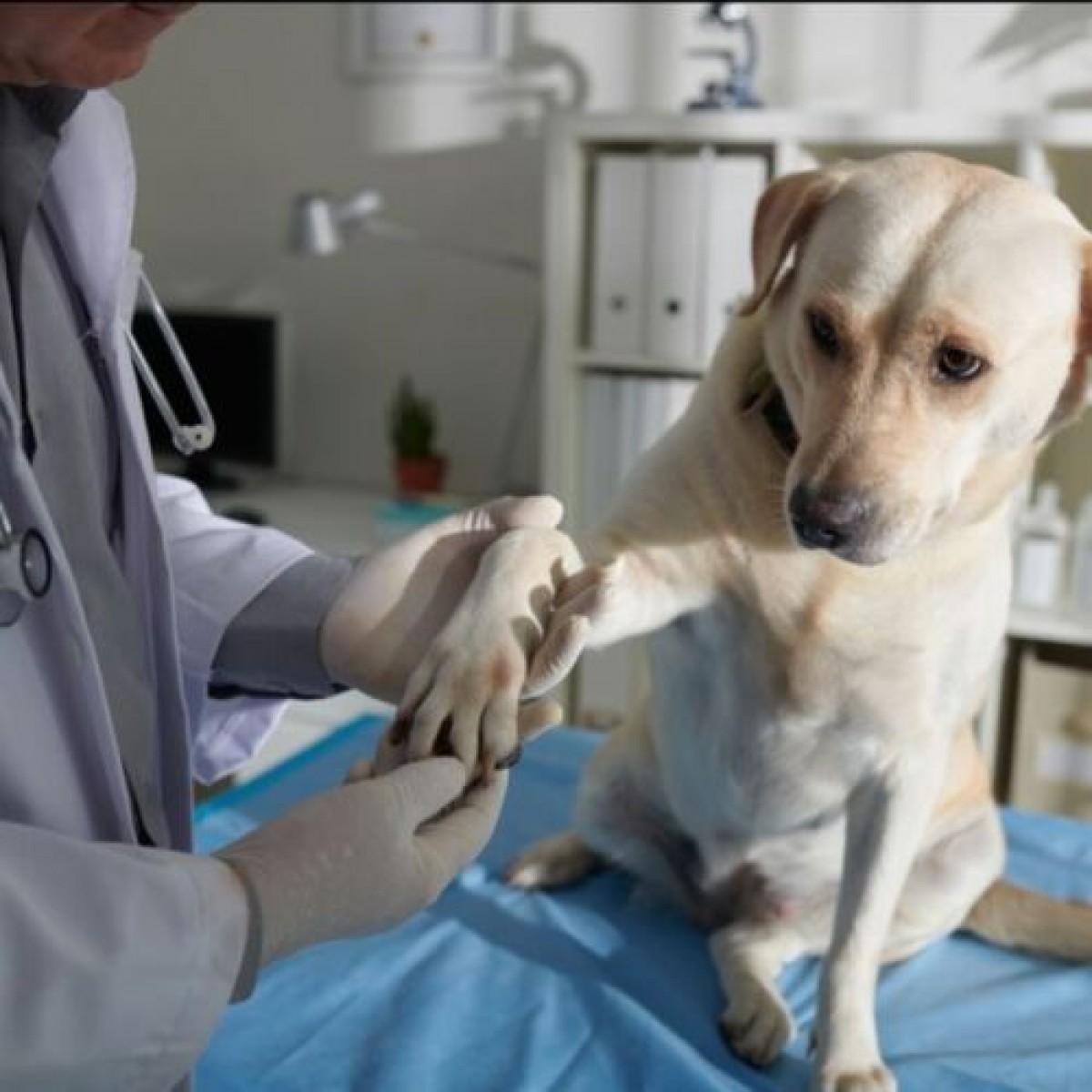
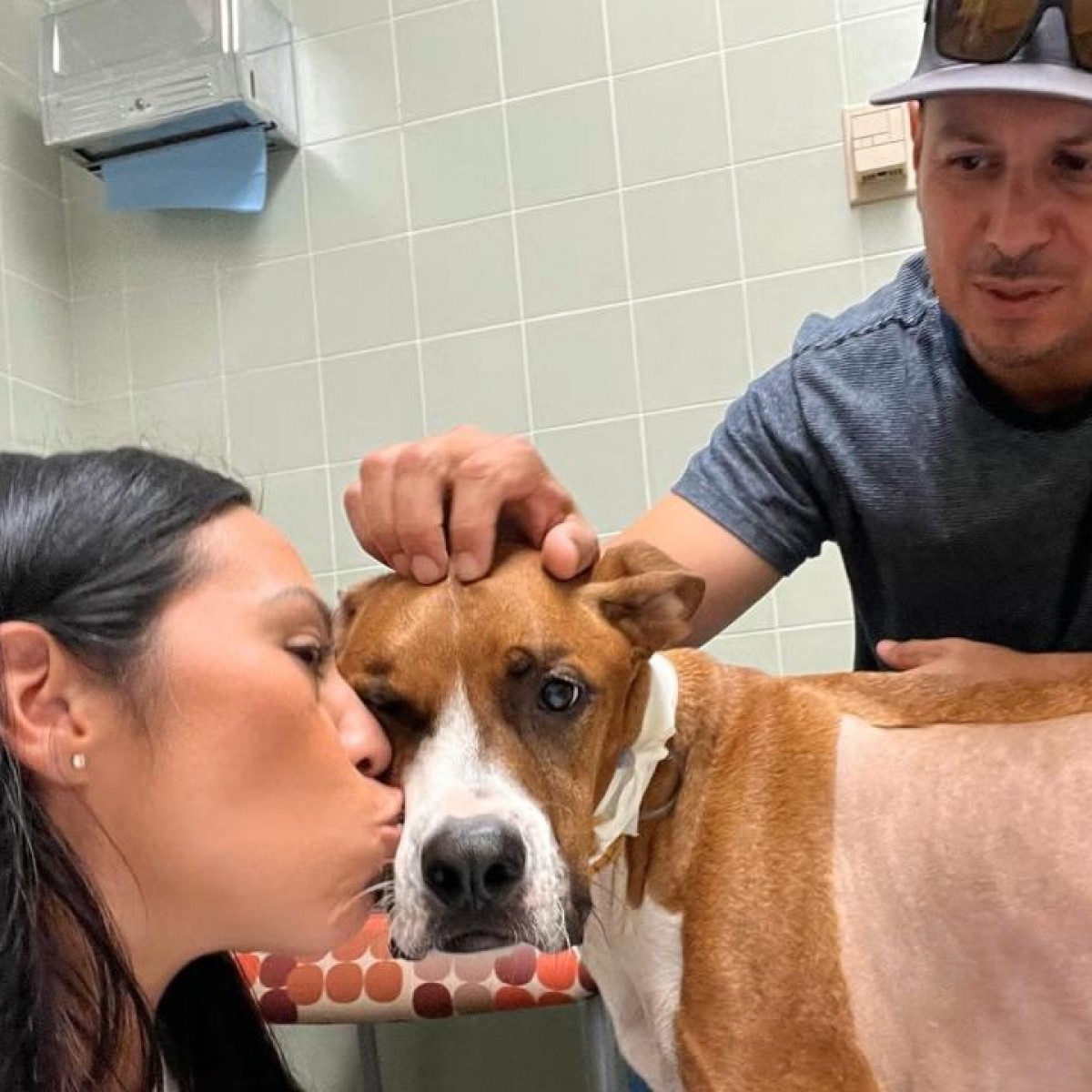


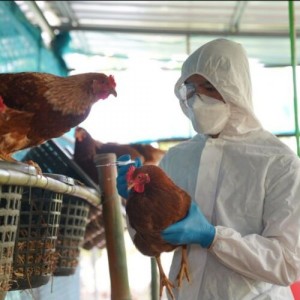
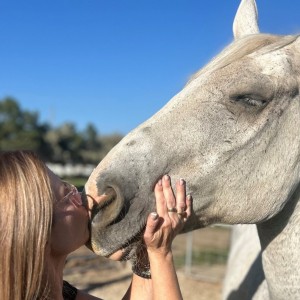
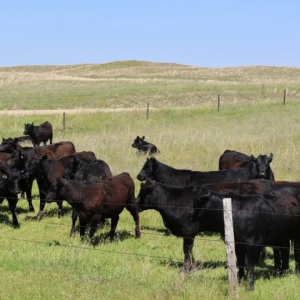

List
Add
Please enter a comment